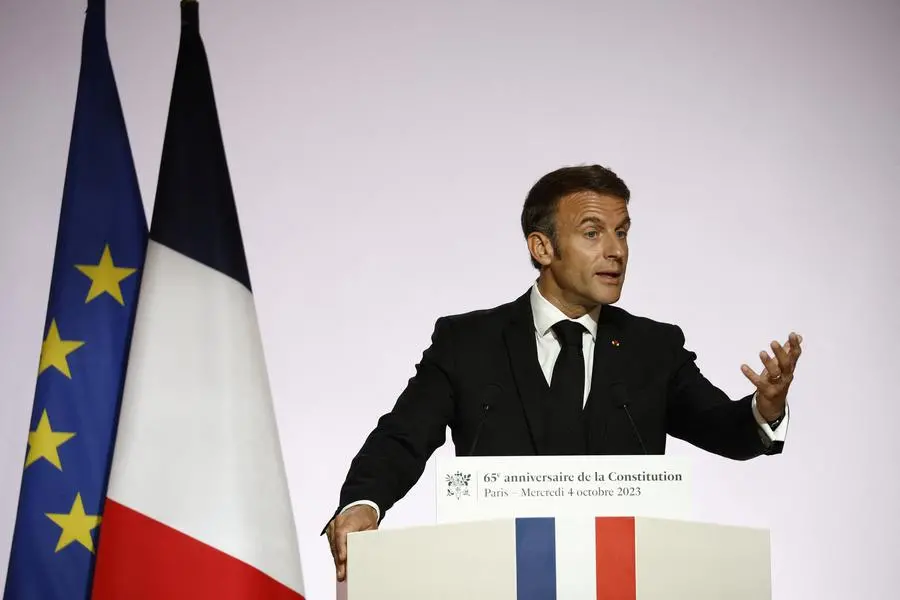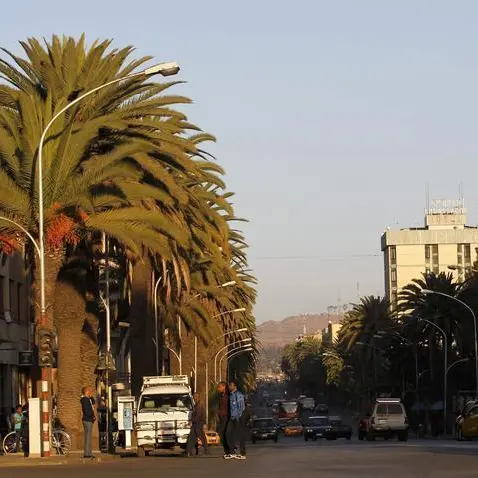PHOTO
PARIS - French President Emmanuel Macron said on Wednesday he was in favour of revising the constitution to widen the number of issues which can be put to a referendum, at a time the right-wing opposition is clamouring for a vote on immigration.
In a speech celebrating the 65th anniversary of the constitution which war hero Charles de Gaulle proposed in 1958 amid the crisis of the Algerian war of independence, Macron said he was against replacing it.
"It has survived, for decades, so many crises," Macron said, praising its stability compared to previous regimes, which since the French Revolution have included monarchy, five republics and two empires.
"But preserving the Constitution does not mean freezing it," Macron said, suggesting to increase the number of issues that can be decided by referendums under the constitution's article 11. He did not say what issues he would add.
The constitution restricts the use of referendums to only a few areas, including economic policy and institutional reform.
After a rare closed-door meeting of Macron and the heads of all political parties outside Paris in August, his office had said one issue the fractious politicians had agreed on was to work on extending the areas where referendums can be used.
Revising the charter would require partisan agreement, with support from three fifths of a joint session of both houses of the French parliament. That means Macron would need the support of the conservative-controlled Senate.
Both conservatives and the far-right have been pushing for years for a referendum to curb immigration they blame for crime, terrorist attacks and what they call an assault on traditional French identity.
Macron himself has struggled to pass through parliament a bill which contains provisions to restrict illegal immigration while speeding up immigration procedures in sectors with labour shortages.
A referendum on immigration would help Macron regain the political initiative at a time his reform agenda is getting bogged down by the lack of a majority in the lower house.
But critics say it could hand the far-right a political gift by putting its favourite themes of identity politics centre stage and inflaming debates on France's sizeable Muslim minority.
(Reporting by Michel Rose; Editing by Peter Graff)





















